
Have you ever experienced emotions at all? Daft question – of course, we all have.
Have you ever experienced negative emotions that stayed with you? Have you ever found yourself ruminating over an event for hours, days or even weeks on end? Have you ever given much thought as to where these feelings come from? Or do you find yourself fully engaged with these emotions, unable to separate yourself from them, experiencing them to the fullest even if they are unpleasant and non-productive? If the answer to any of these questions is yes then mindfulness could be a useful skill to develop, and have as a tool in your mental armory.
This article seeks to explain, without going into too much detail, what mindfulness is, how and why it can be of benefit to you, and finally how to get started.
WHAT IS IT?
What is mindfulness?
Mindfulness is a practice that has been used for centuries, and is traditionally associated with Buddhism and Hinduism, although it’s roots can be traced back even further.
The dictionary definition of mindfulness is as follows;
- the quality or state of being conscious or aware of something.
- a mental state achieved by focusing one’s awareness on the present moment, while calmly acknowledging and accepting one’s feelings, thoughts, and bodily sensations, used as a therapeutic technique.
Another way of looking at it is as the training of attention, and how you respond to the uprising of your own emotions.
Mindfulness does not discriminate between positive and negative emotions, but it is the action of being aware of all thought patterns which gives you the choice as to whether to engage with them or not, and to formulate an appropriate response. So as you can see, it’s not too much of a stretch to see that this can apply equally to the uprising of both positive and negative emotions.
Mindfulness can give us the ability to choose whether or not to engage with emotions and is a very powerful tool. It’s not about reducing thought, it is more about being aware of how thoughts are formed in your brain, and practising witnessing them as they arise and then inevitably drift away as the next thought emerges, demanding our attention.
The very action of becoming aware that, for the last few minutes, hours or days, you’ve been lost in thought, is mindfulness. That moment of realisation and focusing your attention on your thoughts rather than getting lost in the story your mind is telling you about how you should or should not feel about a certain situation that has happened, is about to happen or may not even happen at all!
That is mindfulness.
The following is a quote from Sam Harris on the Joe Rogan podcast. Sam Harris is a renowned author and public intellectual, he also is the creator of the Waking Up mindfulness app, which I mention later:
“You can learn that when you suddenly feel anger… if you just pay attention to the experience of anger, the mere physiology of it, and get out of your thoughts about it, notice thought as a process, and if you can let that go to the point where you are no longer having a conversation with yourself about all the reasons you should be angry, just become interested in anger as a response then the half-life of anger is reduced to seconds. It is impossible to stay angry for very long if you get out of the story you are telling yourself about why you should be angry.
Sam Harris
In certain situations anger is an appropriate response and it can be good to have access to that energy, but until you can actually be mindful, until you can get out of the thought and pay attention to the negative emotion you have zero choice and you’re going to stay angry for a long time. There is no way to stay angry for more than moments, you’re just lost in the story.”
Further to this, surely it would be beneficial for us to experience positive emotions to their fullest. So in my view, mindfulness equips us with the tools to actively choose which emotions to fully engage with, or which emotions to re-evaluate, question and if necessary formulate another response.
From my own personal experience I can say that practicing mindfulness has provided some much needed mental space, and has allowed me to step back from the front line of human emotion. Not only does it temper the incessant, and often destructive chatter that fills my field of consciousness, it has taught me not to take my own thoughts too seriously as they are, after all, only thoughts.
Often our subconscious thoughts will conflict with our own values and beliefs, and this can be quite jarring and incongruent. Good evidence that our thoughts can be irrational and are based on prior conditioning through life events that probably no longer hold any meaning, yet we are destined to repeat these thoughts as long as we let the brain “do its thing”.
Thoughts are like flames; if left unchecked they can burn brightly and uncontrollably, randomly lashing out in any conceivable direction to burn whatever they touch. As the mind calms through consistent meditation the thoughts still arise spontaneously but are more like glowing embers, and the thoughts and emotions gently roll through consciousness, illuminating and dissipating, without causing any harm.

MENTAL TRAINING
The importance and benefits of physical exercise are well understood and have been well documented. It wasn’t that long ago that you would think there was something wrong with you if you were seen running for no real reason, or lifting heavy objects repeatedly with no ultimate goal other than to lift those weights.
With the recent increase in awareness of mental health it won’t be long before the benefits of mental training are accepted, and I believe it is important and empowering for us to take responsibility for our own emotions.
Dan Harris, (not to be confused with Sam Harris) the author and creator of the 10% happier app, describes the action of becoming aware as “a bicep curl for the brain” – every time you notice you’re lost in thought and you begin again and refocus on “now”, this is training your mind.
Mindfulness should be practised everyday and form part of a balanced life.
You wouldn’t expect to do 1 week of intensive physical training and expect to be fit and healthy in 5 years time. Likewise you wouldn’t wait until you were half way through a marathon before attempting to train for it.
Waiting until you’re experiencing intense mental difficulties, and then expecting 10 minutes of meditation to fix you immediately will lead to disappointment. As with physical training, mindfulness needs to be a regular practice to get the real benefits from it. 5 – 10 minutes a day can give great results and the more consistent your practice the more you will see the benefits. Keep this up and you will soon find yourself being able to see these irrational and uncomfortable thoughts for what they are.

HOW TO GO ABOUT IT
Get started
People often give up before they start, for a number of different reasons, I just don’t have the time or I don’t know what I’m doing.
Just 5 – 10 minutes a day is a great starting point.
Don’t worry that you don’t know what you are doing, lets face it, nobody does when they start!
Find some guidance
There are a multitude of books, audio books and apps out there that will help you get started with mindfulness. A quick internet search I’m sure will give you plenty of options to go for. You will even be able to find a local meditation group if you think you would benefit from some one-to-one guided mindfulness.
Below are a few apps that I have personally tried, and would recommend:
All three of these have a certain amount of free content and are ideal to get started. I use Waking Up and am a fully paid up member. For me, the language used by Sam Harris in the waking up app resonates with me. I would encourage you to try all 3 of them and see which one connects with you personally.
Make it a habit
Try to integrate this into your life so that it becomes part of your daily routine. You manage to brush your teeth and have a wash each day (I hope!), and you probably do these things without too much effort or feelings of dread. In fact you probably do these things on auto-pilot.
Don’t expect perfection
Practice non-judgement. If you don’t feel like you are getting it right then don’t lose hope, throw your toys out of the pram and go off and sulk in the corner! The mere fact that you are taking the time to try and remain aware of your thoughts is a great start – just keep going, this is a long road with many twists and turns, and not all will be plain sailing. If you find you are getting frustrated with yourself then practice some non-judgement. This is a perfectly normal step in the process and not everyone’s journey is the same.
Be open to change
Adopt a growth mindset. Go into this with an open mind and be open to suggestion. This is probably going to require some new ways of thinking about yourself and how you perceive the world. Be willing to give it a try and consider a new way of looking at things.

The upkeep of your mental health is important. Just as important as your physical health.
An event has no other meaning than that which we assign to it, and we can either be swept along in the tide of our own subconscious, reactionary decision making, which is based upon years and years of pre-conditioning, or we can take a step back and give ourselves the time to make a decision and apply a meaning that aligns with our values, and is beneficial to us.
Our reality is our own and no-one elses. No-one else sees life in exactly the same way that you or I do. Mindfulness can give us the tools to examine exactly what our thoughts are doing to us, and better understand the nature of our subconscious.
Good luck.


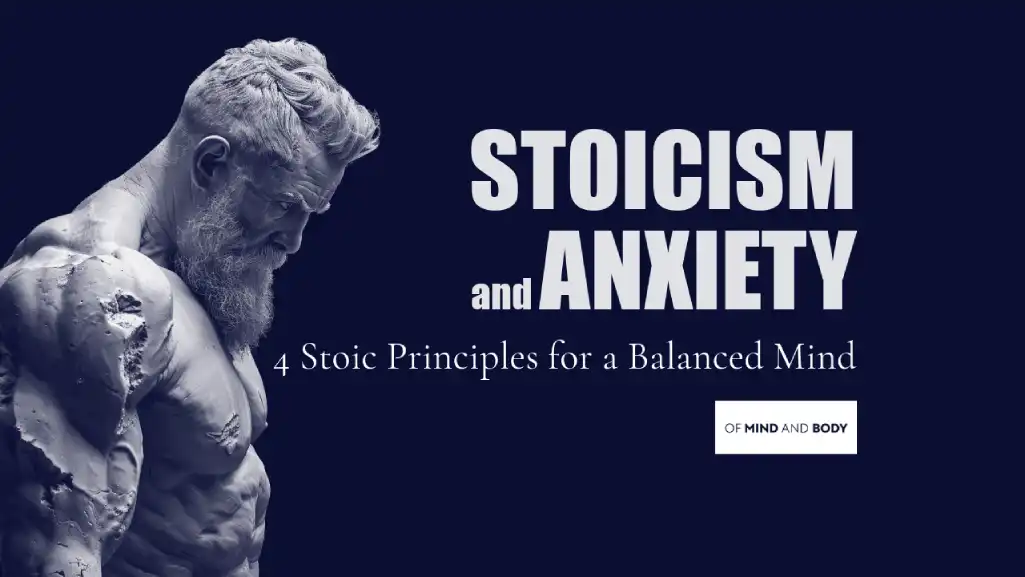
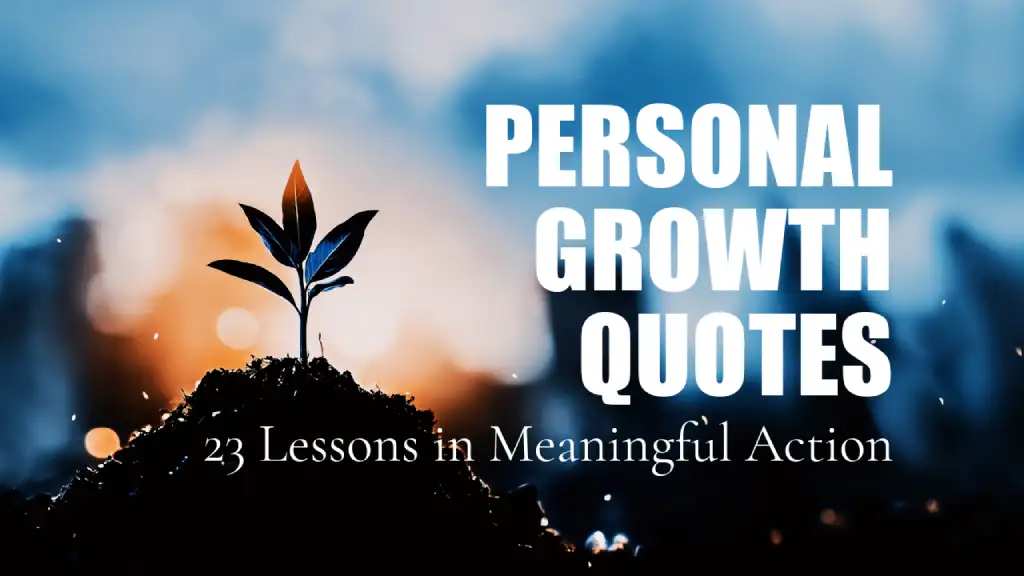

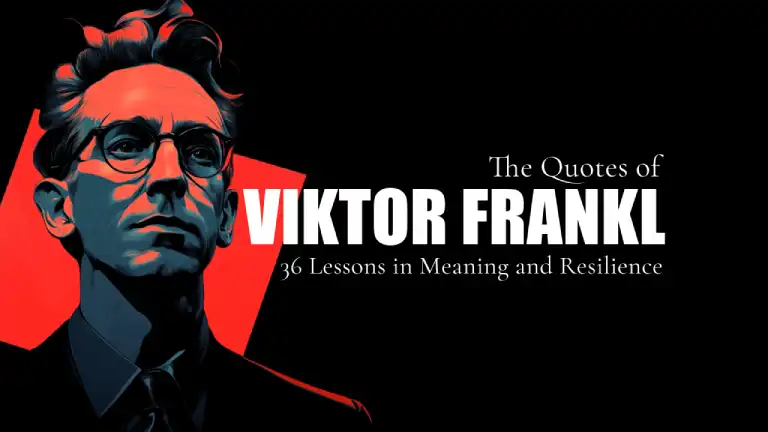
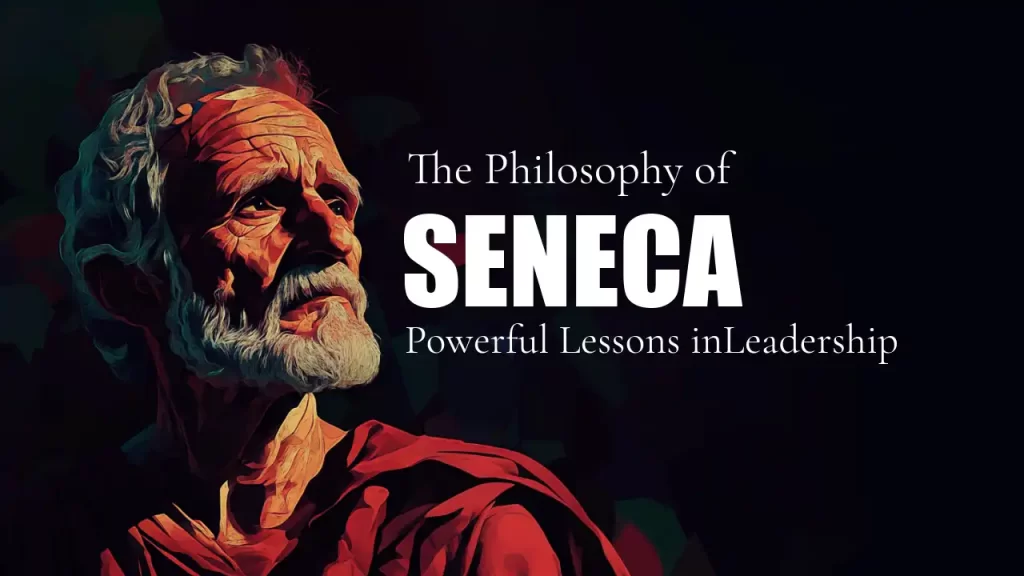

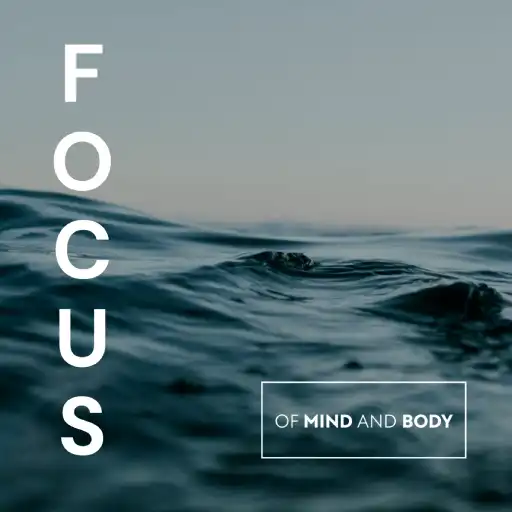
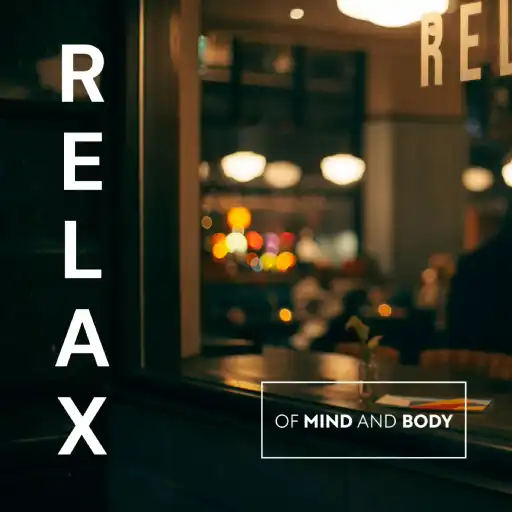
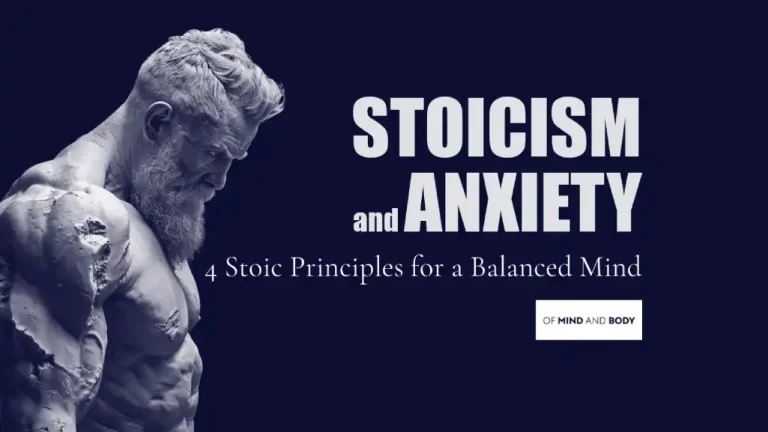
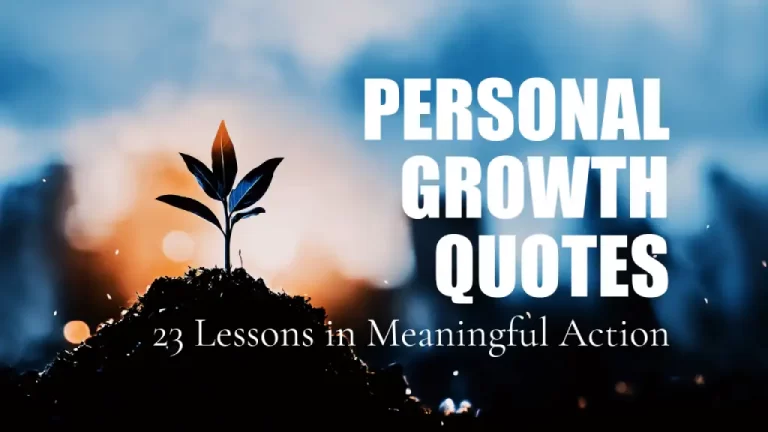

9 responses